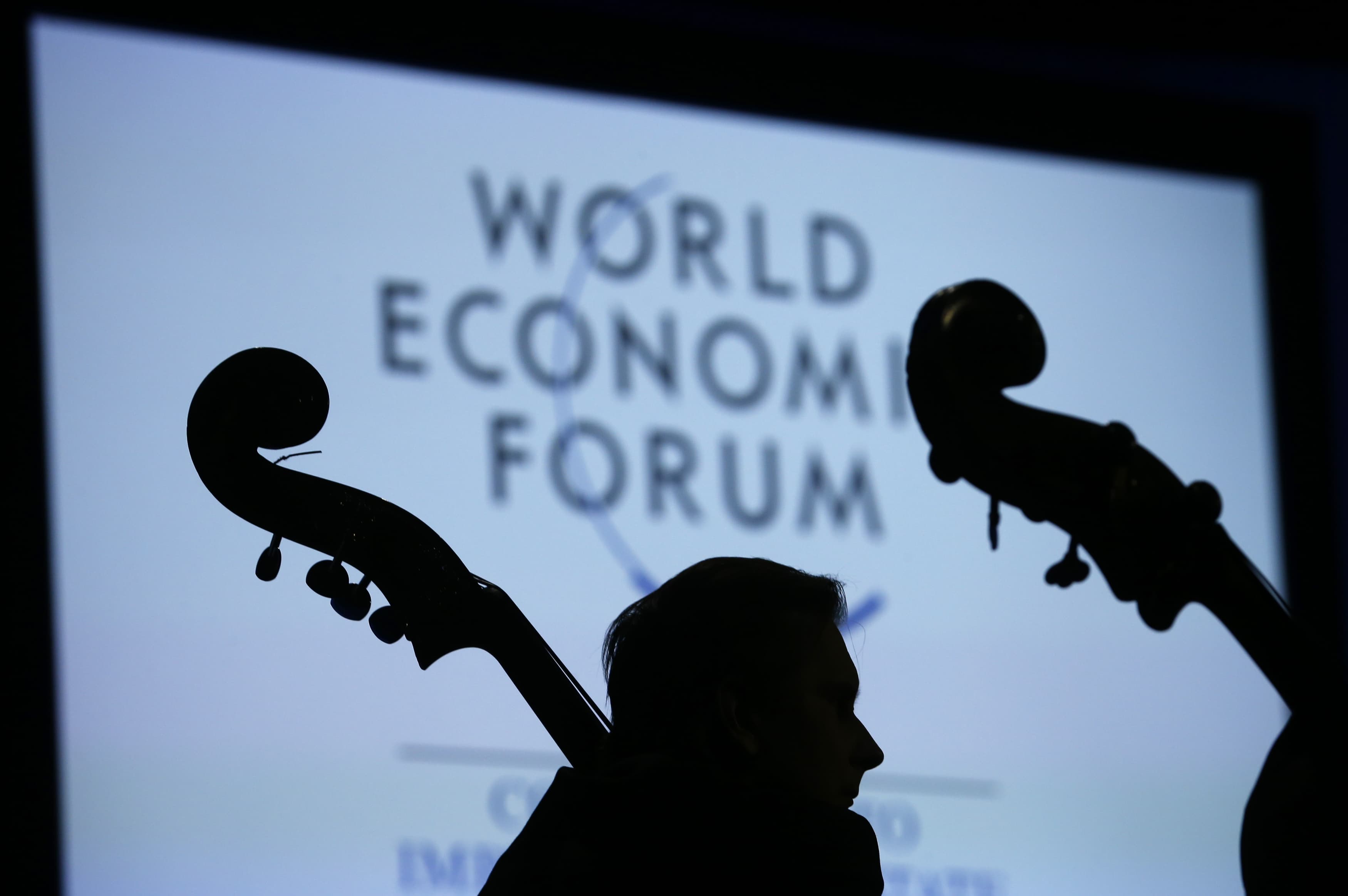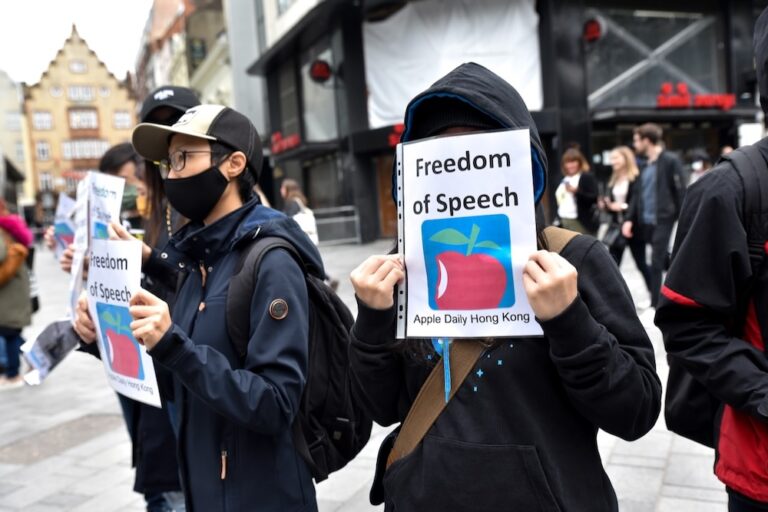Leading free speech and privacy organisations have called on the world's elite assembled at the World Economic Forum in Davos, Switzerland to tackle the challenge of global mass surveillance of electronic communications.
On 17 January 2014, leading free speech and privacy organisations called on the world’s elite assembled at Davos to tackle the challenge of global mass surveillance of electronic communications.
ARTICLE 19, English PEN, Index on Censorship and Open Rights Group urged global leaders to discuss how states ensure security measures do not undermine rights and individual liberties, following revelations that the security agencies have been conducting secret mass surveillance of the digital communications of millions of people around the world.
The organisations said:
“The mass surveillance of our communications by the NSA, GCHQ and others undermines the right to privacy, free speech and media freedom. As such it is an assault on democracies and our societies. The leaders assembled at Davos must take a stand against surveillance – stop spying on us now.”
Secret mass surveillance is a threat to democracy and the rule of law.
If people are unable to know about the extent of government surveillance, we are unable to protect our fundamental rights.
When private communications are monitored by the state in secret, confidence in digital communications technology is unacceptably compromised, which has a severe chilling effect on freedom of expression and dangerously risks restricting the free flow of information.
Online surveillance programmes threaten to weaken the general security and privacy of communications systems and undermines trust in digital services. This has economic implications, as well as compromising the ability of people to express themselves.
We believe that:
Surveillance is only legitimate when it is targeted, authorised by a warrant, and when it is necessary and proportionate.
Mass population-wide surveillance is never justified.
Secret agreements that sanction mass surveillance undermine democracy. Citizens need a clear legal framework that governs state surveillance, in order to protect their rights.
All surveillance should be sanctioned by an independent judge on a case-by-case basis.
There must be effective, independent oversight of surveillance to command public confidence that such surveillance is not being abused.



